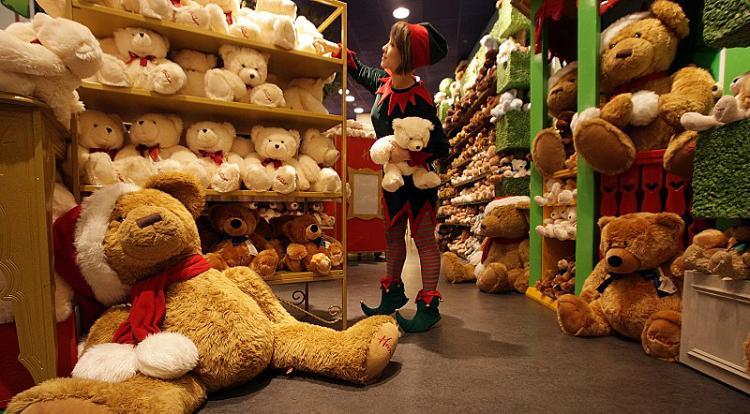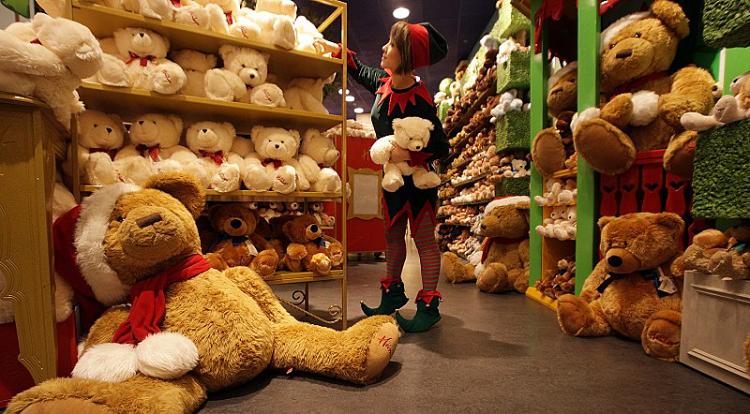Since May 2004, the EU surpassed Japan and the United States as China’s largest trade partner. China is the EU’s second largest trade partner next to the United States.
In a December 22 Xinhua article, “Why is the EU’s relationship with China hot and cold?” it concluded that “In EU-China policies, human rights and values are gaining importance. Human rights have become the EU’s [bargaining] chip to pressure China.”
The list of China human rights affronts includes: Hu Jia, a human rights and AIDS activist won the 2008 Sakharov prize, many European political heavyweights openly meeting with the Dalai Lama, Edward McMillan-Scott, VP of the European Parliament became the first western political figure to investigate live organ harvesting in China, a member of the EU Parliament met with human rights lawyer Zheng Enchong. This also extended to turning on the NTDTV satellite broadcast into China and stressing the Falun Gong issue in a human rights forum. The EU has become a firm force in protecting human rights in China.
A Common Will
In analyzing the situation, the Xinhua article said “Human rights foreign policy is a political compromise of European leaders. It’s a tool to shift the focus of domestic opinion and [political] pressure.” In other words, the EU bringing up human rights issues with China was the result of common wills among Europeans.
To protect human rights in China, the EU gave up hundreds of millions of business orders without hesitation. The scheduled EU-China summit on December 1, was postponed and hasn’t been rescheduled.
Tit for Tat
Facing the EU’s friendly appeal for human rights, China wielded its tough side. On December 6, Sarkozy, the current EU chair-in-office met with the Dalai Lama. Two days later, China’s General Administration of Quality Supervision, Inspection and Quarantine announced many food products in Shanghai and Sichuan imported from the EU were not safe. The Administration burned and returned the EU imported food products and imposed a 90-day intensive inspection period of all EU food products.
When the Sanlu melamine-tainted milk and dairy products were discovered in November, the U.S. Food and Drug Administration set up inspection offices in Beijing, Guangzhou, and Shanghai. China is getting ready to set up similar offices in the United States.
A critic said that when food products made in China are problematic, instead of strengthening domestic inspection, Beijing spends money inspecting U.S. food products.
Upgrade Toy Safety to Protect Children
In a Xinhua article on December 25, “The European market applies subtle technical protections to increase difficulties for China to import.” Regarding the EU’s trade protection against China mentioned in the article, critics believe it was Beijing fanning the flames. The general quality standards implemented in Europe are meant to protect children’s safety and not to target China.
On December 18, the European Parliament voted 481 to 73 (with 40 abstentions) to adopt the EU’s toy safety proposal (directive 88/378/EEC). The proposal banned the use of substances during the manufacturing process of all toys within the EU that can cause cancer, mutation, and mental retardation. It restricted the use of nickel and aromatics that can cause allergies. It also proposed strict regulations on toy designs, labeling, production processes, agents’ responsibilities of imports, and market supervision.
Trade Protectionism Puts the World’s Factories at Risk
Financial critic Liao Shiming said that all signs signal the EU’s tough attitude in regulating imports. Beijing had to label the EU’s action as trade protectionism and fan the flames to gain bargaining chips in the negotiations. According the Liao, Beijing will probably be tough early in the negotiations. If the negotiations reach a deadlock, Beijing will try to land softly and substantially give in because it knows if protectionism expands, China will be the looser, not the EU.
“When the global recession occurred in 1929, some said it was because of the U.S. stock market crash. I believe the global trade war was the greater cause of the global economic crisis. Customs duties in the United States and Europe rose to record highs and caused economic crises in other countries. The United States had the worst financial loss because, back then, the United States was the world’s factory. Exports accounted for 20 percent of its GDP,” said Liao.
“However, the severe financial situation in the United States back then was nothing compared to the current situation in China. China’s exports account for 60 percent of its GDP. A damaged foreign trade relationship would hurt China more than the EU.”
Read the original article in Chinese



